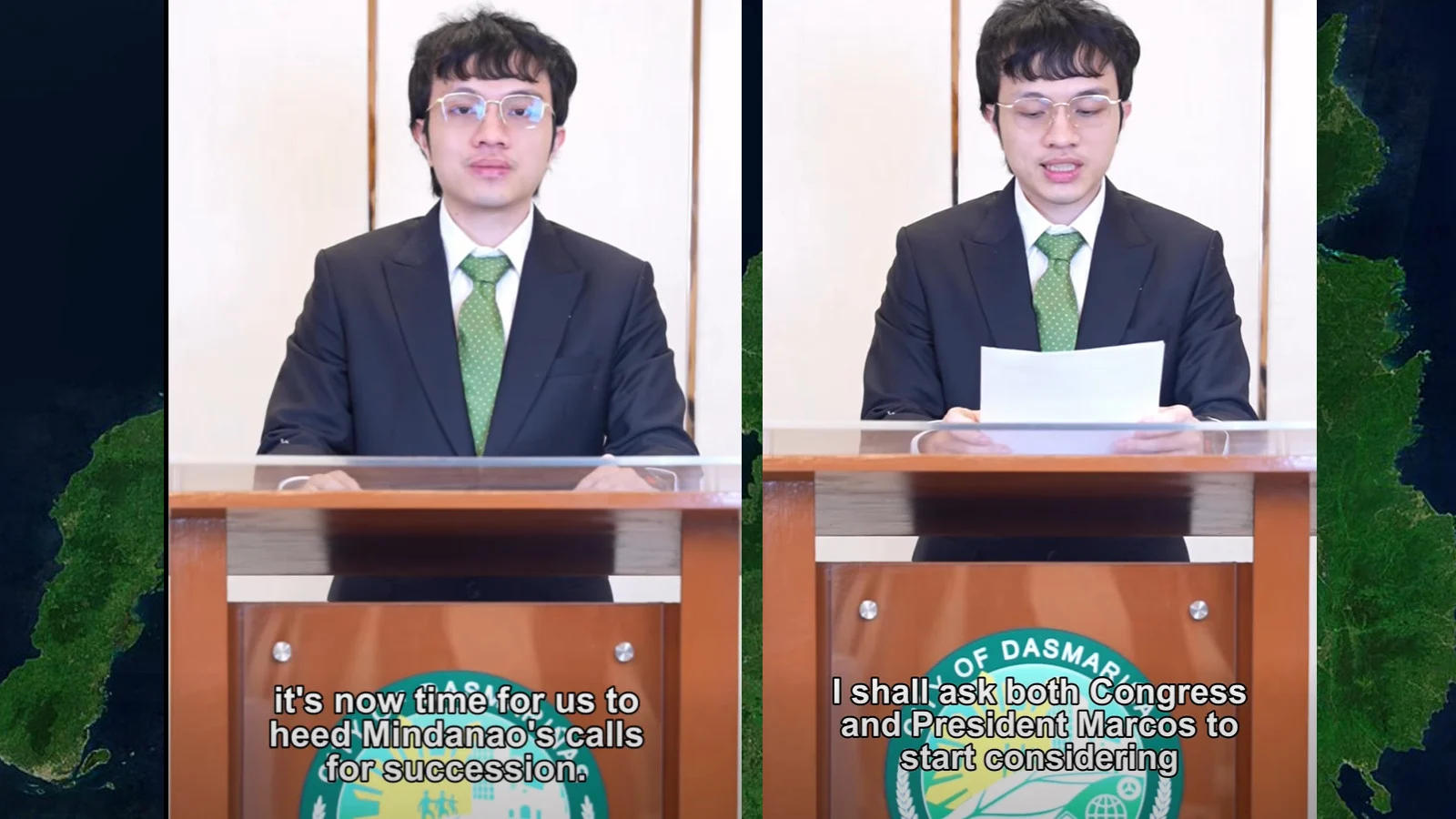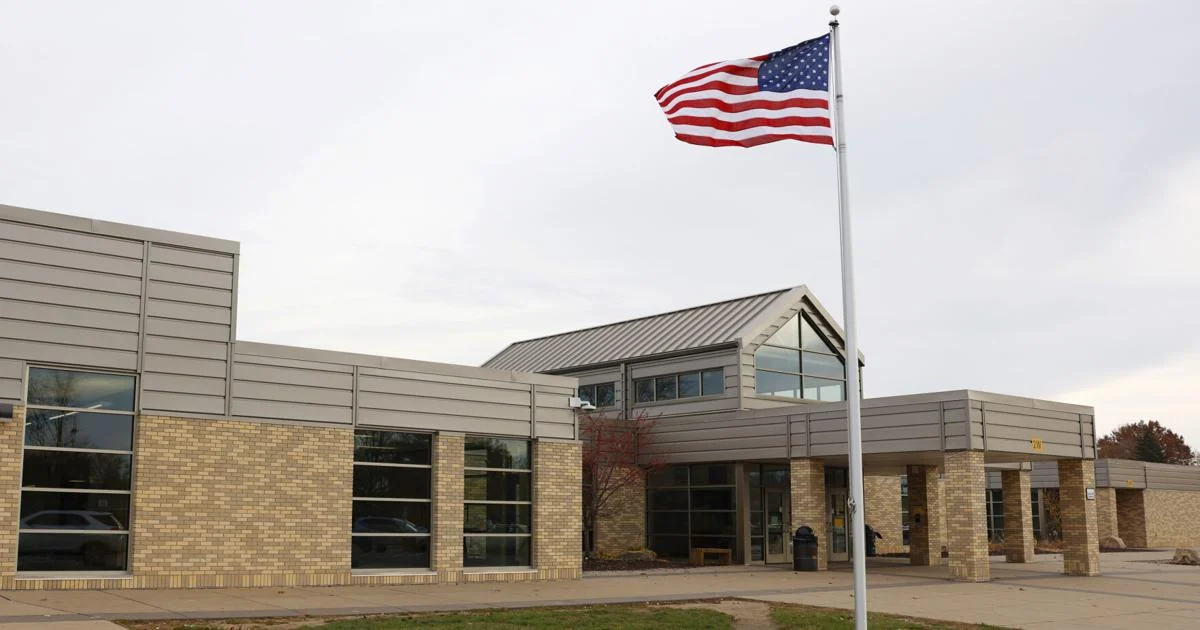Copyright scmp

Calls for Mindanao’s secession from the Philippines have erupted anew after a sitting lawmaker released a viral video echoing rhetoric once championed by former president Rodrigo Duterte, in a move analysts warn risks inflaming tensions and destabilising an already volatile political landscape. Observers say the renewed push, amplified by the ex-president’s allies and a network of online influencers, appears aimed at deflecting attention from corruption scandals and an ongoing International Criminal Court investigation into Duterte’s bloody war on drugs, while shoring up support among his family’s base. The latest controversy stems from a video posted over the weekend by Cavite congressman Francisco “Kiko” Barzaga, in which he called for Mindanao – home to Davao City and the Duterte clan’s political stronghold – to secede from what he described as a corrupt and Manila-centric government. Barzaga argued that Mindanao’s interests “should not be ignored or considered ‘less important’” than those of Metro Manila and Luzon island, accusing the “corrupt national government” of siphoning taxes from the south to benefit politicians on the larger island. Yet, the 27-year-old lawmaker, known for his inflammatory rhetoric and penchant for posting cat memes, does not hail from Mindanao. He is from Dasmarinas, Cavite, a province on Luzon island where his family has deep political roots. Having resigned from the National Unity Party in September, citing “betrayal of trust” within the ruling bloc, Barzaga’s critics suggest he is attempting to curry favour with the Duterte family by reviving long-standing grievances tied to Mindanao’s alleged neglect. “I suspect Kiko Barzaga’s Mindanao secession call is part of an online effort from the Duterte camp to rally and mobilise their supporters, who are well-connected online and mainly from Mindanao,” Arjan Aguirre, an assistant professor of political science at Ateneo de Manila University, told This Week in Asia. In a separate social media post on Saturday, Barzaga he wrote: “Mindanao could’ve been like Singapore if it wasn’t for corrupt politicians in NCR #FreeMindanao”. The post, which garnered nearly 4,500 shares, echoed a widely debunked quote falsely attributed to former Singaporean prime minister Lee Hsien Loong, claiming that Duterte was the only leader capable of “making the Philippines like Singapore”. Mindanao vs ‘imperial Manila’ The narrative of Mindanao’s supposed neglect by “imperial Manila” has long been a political weapon for the Dutertes. In early 2024, Rodrigo Duterte himself raised the spectre of Mindanao’s separation as tensions with the Marcos camp escalated. His remarks coincided with a surge of online disinformation, including claims of an imminent “civil war”. Analysts traced many of these posts to Chinese-linked social media accounts, which amplified secessionist rhetoric and sympathetic statements from former House speaker Pantaleon Alvarez, a Duterte ally. While the Department of Justice announced in April that it had launched a sedition investigation into Alvarez’s remarks, no charges were ultimately filed. Legal experts say Barzaga’s comments are similarly unlikely to lead to sedition charges, though they may technically fall under rebellion statutes. “But given the context of his speech, to charge Rep Barzaga with that offence may violate free speech protections,” said Paolo Tamase, an assistant professor at the University of the Philippines College of Law. ‘Convenient’ narrative The calls for Mindanao’s secession tap into genuine frustrations among the region’s residents, who have long grappled with poverty, insurgency and religious conflict. J.M. Lanuza, a disinformation researcher and assistant professor of social science at the University of the Philippines Manila, said that Mindanao’s integration into nation-building processes had been “incomplete and tokenistic”. “It’s not their fault. Our colonial history made it that way. And long-standing insecurities from social, political, economic and cultural injustices have hardened animosities even more,” he told This Week in Asia. Secession had become a “convenient and attractive option” for those seeking genuine self-determination and development, Lanuza said. However, he also pointed out that the “imperial Manila” narrative failed to address how much of Mindanao’s current underdevelopment was the result of deeply entrenched political dynasties like the Dutertes. Cleve Arguelles, a political scientist and president of public opinion firm WR Numero, described the Mindanao secession narrative as a “political pressure tactic” aimed at framing the Dutertes as victims of “imperial Manila” to rally regional loyalty. “whenever their influence weakens”. “The Dutertes use it to preserve their hold over Mindanao politics and deflect accountability for corruption, governance failures, and their falling national standing,” Arguelles told This Week in Asia. “This is not about genuinely advocating for secession but more about consolidating their bailiwick,” he added. “Few things are more emotionally charged and mobilising than invoking a ‘Mindanao versus Manila’ narrative, so they’re using it to shore up loyalty and insulate their base from erosion.” It’s a strategy to unite the island against a perceived enemy J.M. Lanuza, disinformation researcher Lanuza suggested that the renewed calls for secession were also a distraction from ongoing controversies involving the Duterte family, including the international investigation into Rodrigo Duterte’s alleged crimes against humanity during his drug war. The former president’s daughter, Vice-President Sara Duterte, also faces allegations of misusing US$10 million in confidential funds during her tenure as both vice-president and education secretary. “Overall, the narrative works because it builds on the regionalist momentum from the elections, shaped along Marcos-vs-Duterte lines, and it amplifies the unresolved issues in Mindanao,” Lanuza said. Aguirre cautioned that such rhetoric “exploits our long-standing problems of poverty, inequality, injustice” rather than addressing them. “Instead of blaming the real culprits in Mindanao – local warlords and dynasties – the Duterte approach allies with them and blames outsiders,” he said. “It’s a strategy to unite the island against a perceived enemy.”



